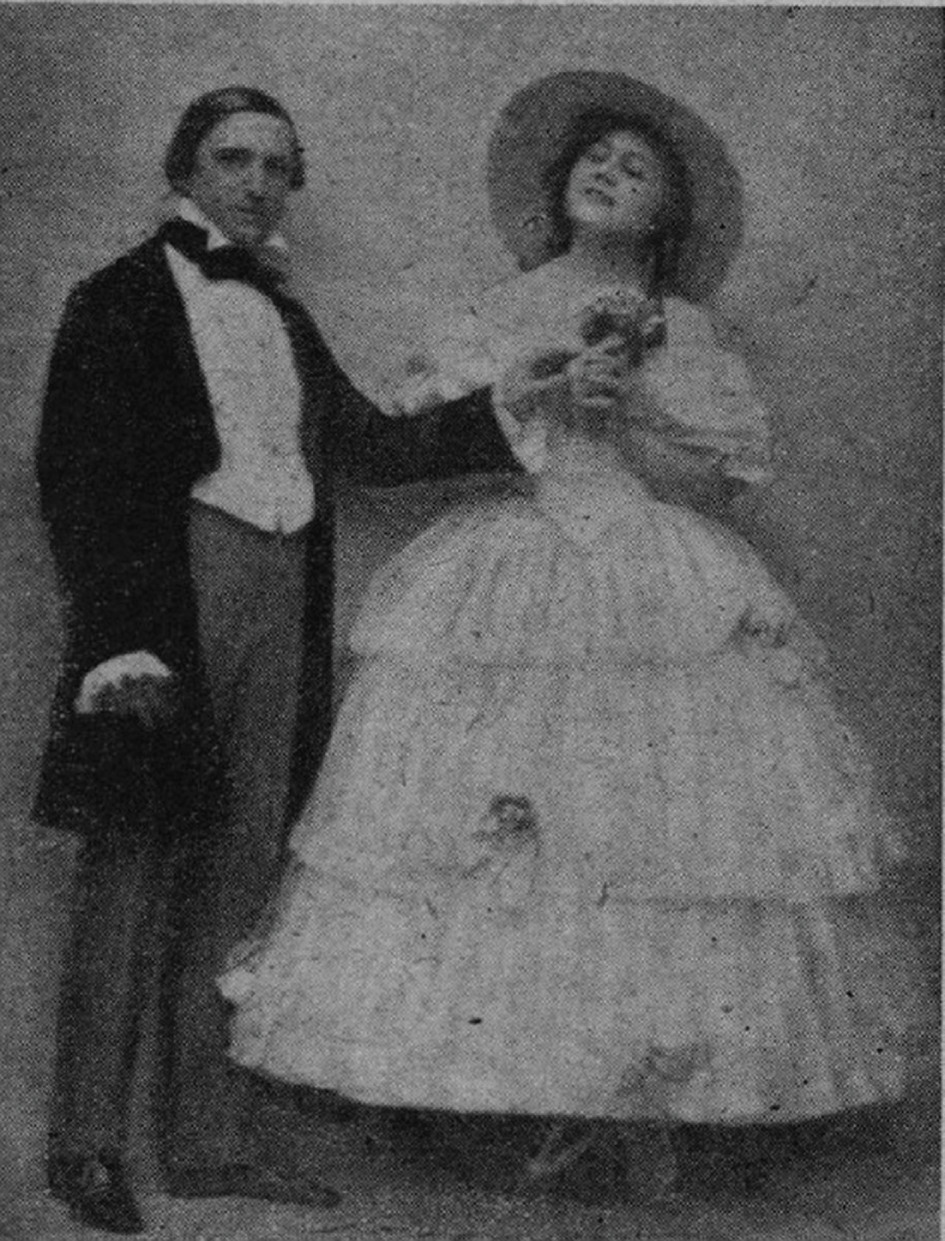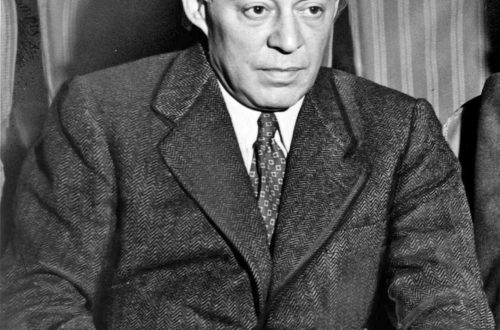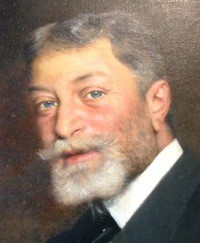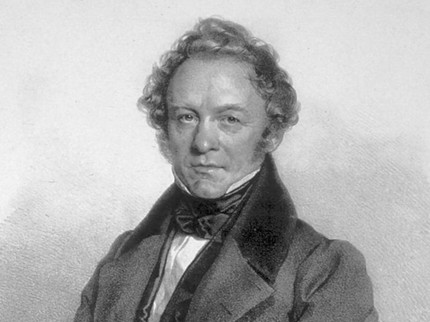
Joseph Naumovich Kovner |
Joseph Kovner
Kovner, a Soviet composer of the older generation, worked mainly in the field of musical and theatrical genres all his life. His music is characterized by the search for artistic truth, great sincerity, the ability to achieve expressiveness by simple means.
Joseph Naumovich Kovner was born on December 29, 1895 in Vilnius. There he received his initial musical education. Since 1915 he lives in Petrograd, where he studies at the conservatory, in the classes of A. Glazunov (instrumentation) and V. Kalafati (composition). After moving to Moscow in 1918, he studied with the famous composer and musical figure G. Catoire.
For many years Kovner has been working at the Central Theater for Young Spectators as a chief conductor and composer. There he wrote a large amount of music for performances, among which one should highlight the music for The Free Flemings based on The Legend of Ulenspiegel by Charles de Coster (1935), Andersen’s Tales (staged by V. Smirnova, 1935) and the play by S. Mikhalkov “Tom Canty” based on “The Prince and the Pauper” by Mark Twain (1938). In the 30s, the composer also wrote music for children’s films. During the Great Patriotic War, while in Sverdlovsk, Kovner turned to the genre of operetta, which he remained faithful to in the 50s.
The best of Kovner’s operettas, Akulina, was successfully performed not only on many stages in our country, but also abroad: in Czechoslovakia, Romania, and Hungary.
The composer died on January 4, 1959.
His legacy includes the symphony-poem “The Way of Victories” (1929), the suite “Caucasian Pictures” (1934), “Children’s Suite” (1945) for a symphony orchestra, music for more than fifty performances, music for the cartoons “They Don’t Bite Here” (1930), “Uninvited Guest” (1937), “Elephant and Pug” (1940) and others, songs, musical comedies “Bronze Bust” (1944), “Akulina” (1948), “Pearl” (1953-1954 ), “An unearthly creature” (1955).
L. Mikheeva, A. Orelovich





